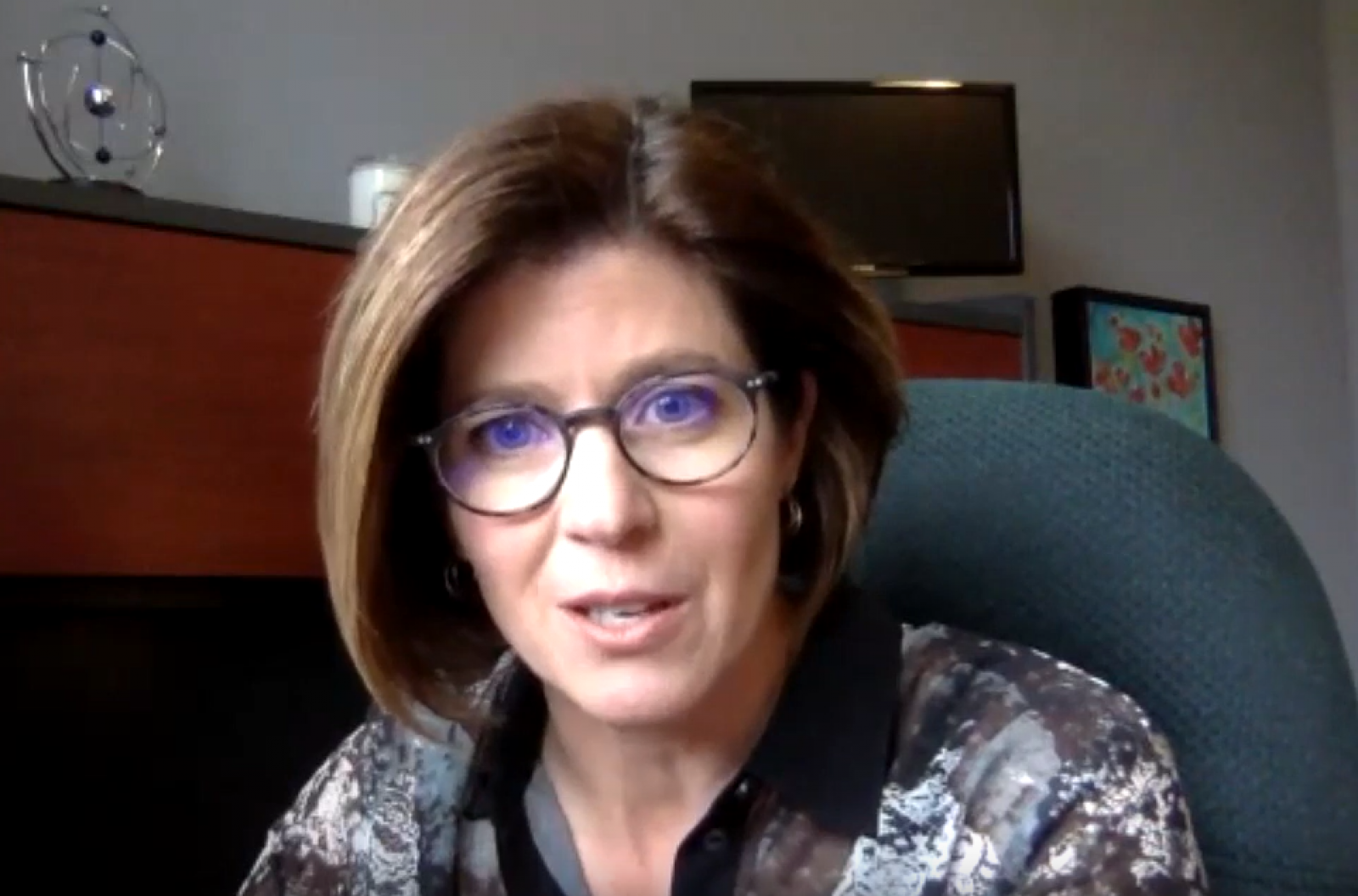As the world copes with COVID-19, the field of data analytics is very relevant right now for a fundamental reason. The data available to us that helps us understand and respond to this crisis is growing by the minute in volume, variety, veracity, and velocity.
It is impossible for medical experts, governments and other decision makers to be able to consume, digest, understand, and act on this data in real-time without the power of automated analytics and modeling in place.
Medical experts all around the globe are searching for a needle in a haystack, and the haystack is massive and is expanding constantly. Analytics today is being used by medical experts to focus the search on the part of the haystack in which the needle likely lies.
Data analytics professionals standardize, organize, and synthesize massive amounts of information to find insights, identify relevant patterns, tell a story and make informed predictions. In times of uncertainty, this discipline can be critical in inspiring societal and behaviour changes such as physical distancing, evaluating the effectiveness of the public health strategies and tactics tried in different jurisdictions and in ensuring we can identify best practices quickly. In the current crisis, data analytics and modeling is driving decisions that will save lives.
Do Data Analytics Replace Human Analysis?
Analytics is the process of extracting useful insights from large amounts of data to enhance decision-making, provide a solution to a problem, or innovate new products and services. Analytics augments and improves human intelligence but doesn’t replace it.
Humans have always used data to make decisions but the amount of data that could be consumed is limited.
Analytics helps humans overcome this limitation by automatically filtering, synthesizing, and extracting useful insights. In a sense, analytics is about data reduction – from big data to the right data so humans can act on it.
In this time of COVID-19, data analytics can be used to solve problems, achieve goals, and contribute to society. By looking at modelling and following the advice of expert analysis, we can all work together to flatten the curve of this pandemic.
Zeyad Azem, M.SC. B.SC.
Zeyad Azem is an Instructor in the School of Continuing Studies’ Big Data Analytics Program. He is also the Leadership Partner in Data & Analytics at Gartner focused on helping organizations across Canada build and advance their data and analytics strategies. Zeyad has been planning and implementing transformational data-driven solutions for over 20 years across a variety of sectors.
Do you want to be part of teams that are finding solutions to large problems? A career in Big Data Analytics could be the right choice for you. Learn more about our Big Data Analytics Program.
